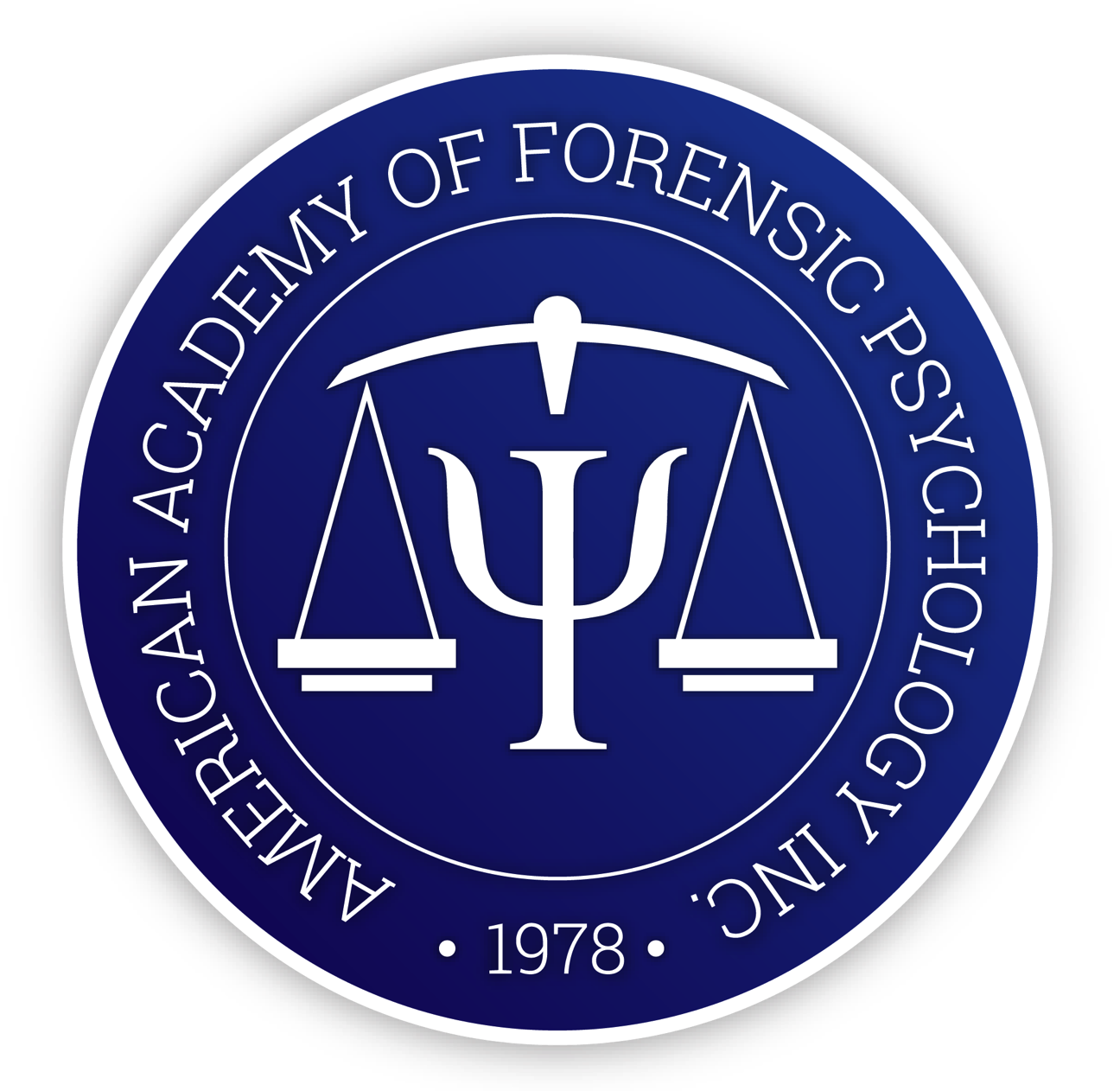6 hours | 6 CEs
This on-demand professional training program on Assessing Allegations of Trauma in Forensic Contexts is presented by Christina Pietz, PhD, ABPP, in partnership with the American Academy of Forensic Psychology (AAFP).
Assessment of claims of emotional harm and trauma in therapeutic settings is very different from the Assessment of these matters in legal proceedings. This program provides an overview of the history and conception of the posttraumatic stress disorder (PTSD) diagnosis, including its introduction in the DSM-III. The diagnostic criteria of PTSD in the DSM-IV and DSM-5 are compared, and implications for forensic Assessment are discussed.
The challenges of assessing claims of emotional harm and trauma in forensic contexts are reviewed, and best practices proposed, with specific consideration of the unique challenges that present in personal injury, disability, and criminal litigation. Thorough reviews of the Moral Emotional Numbing Test and Clinician-Administered PTSD Scale for DSM-5 (CAPS) are provided, as is a discussion of the utility of the MMPI-2 and PAI in the Assessment of complaints of emotional harm and trauma.

Intended Audience
This on-demand professional training program is intended for mental health and other allied professionals

Experience Level
This on-demand professional training program is appropriate for beginner, intermediate, and advanced level clinicians.

CE / CPD Credit
APA, ASWB, CPA, NBCC Click here for state and other regional board approvals.
Learning Objectives
Upon completion of this program you will be able to:

Describe the development and history of the posttraumatic stress disorder (PTSD) diagnosis

Describe the diagnosis and symptom picture of PTSD and related disorders

Compare and contrast the DSM-IV and DSM-5 criteria for PTSD

Identify special challenges of assessing persons alleging emotional harm or trauma in personal injury, disability, and criminal contexts

Identify strengths and weaknesses of tests that are frequently used to assess trauma complaints in forensic contexts

Identify best practices when assessing litigants reporting emotional harm or trauma.

Identify special challenges of assessing complaints of emotional harm and trauma with persons from diverse backgrounds

Understand delayed onset of PTSD

Curriculum
1. Importance of Diagnosis
2. Case Law
3. Ethical Considerations
4. Assessment Procedures + Psychological Assessment Instruments
Develop a Specialty Area of Practice
Transforming mental health professionals into experts
Expert Instructors
Professional training developed and delivered by the field's leading experts

CE Credit
Earn CE credit for meaningful professional training that will elevate your practice
Convenience & Flexibility
Learn at your own pace, from wherever you might be!
Program Partner
American Academy of Forensic Psychology (AAFP)
We are proud to partner with the American Academy of Forensic Psychology (AAFP) for this training. AAFP is a non-profit organization of board-certified forensic psychologists whose mission is to contribute to the development and maintenance of forensic psychology as a specialized field of study, research, and practice. The Academy does this by providing high-quality continuing education workshops, providing a forum for the exchange of scientific information among its members, and conferring awards upon outstanding students and practitioners in the field of forensic psychology.

CE Sponsorship Information
Palo Alto University, Continuing and Professional Studies (CONCEPT) is approved by the American Psychological Association to sponsor continuing education for psychologists. Palo Alto University, Continuing and Professional Studies (CONCEPT) maintains responsibility for this program and its content. Palo Alto University, Continuing and Professional Studies (CONCEPT) is approved by the Canadian Psychological Association to offer continuing education for psychologists. Palo Alto University, Continuing and Professional Studies (CONCEPT), SW CPE is recognized by the New York State Education Department’s State Board for Social Work as an approved provider of continuing education for licensed social workers #SW-0356 and the New York State Education Department’s State Board for Mental Health Practitioners as an approved provider of continuing education for licensed mental health counselors. #MHC-0073. Palo Alto University, Continuing and Professional Studies (CONCEPT) has been approved by NBCC as an Approved Continuing Education Provider, ACEP No. 6811. Programs that do not qualify for NBCC credit are clearly identified. CONCEPT Professional Training, #1480, is approved to offer social work continuing education by the Association of Social Work Boards (ASWB) Approved Continuing Education (ACE) program. Organizations, not individual courses, are approved as ACE providers. State and provincial regulatory boards have the final authority to determine whether an individual course may be accepted for continuing education credit. CONCEPT Professional Training maintains responsibility for this course. ACE provider approval period: 11/22/23-11/22/26. Social workers completing this course receive (clinical or social work ethics) continuing education credits.

